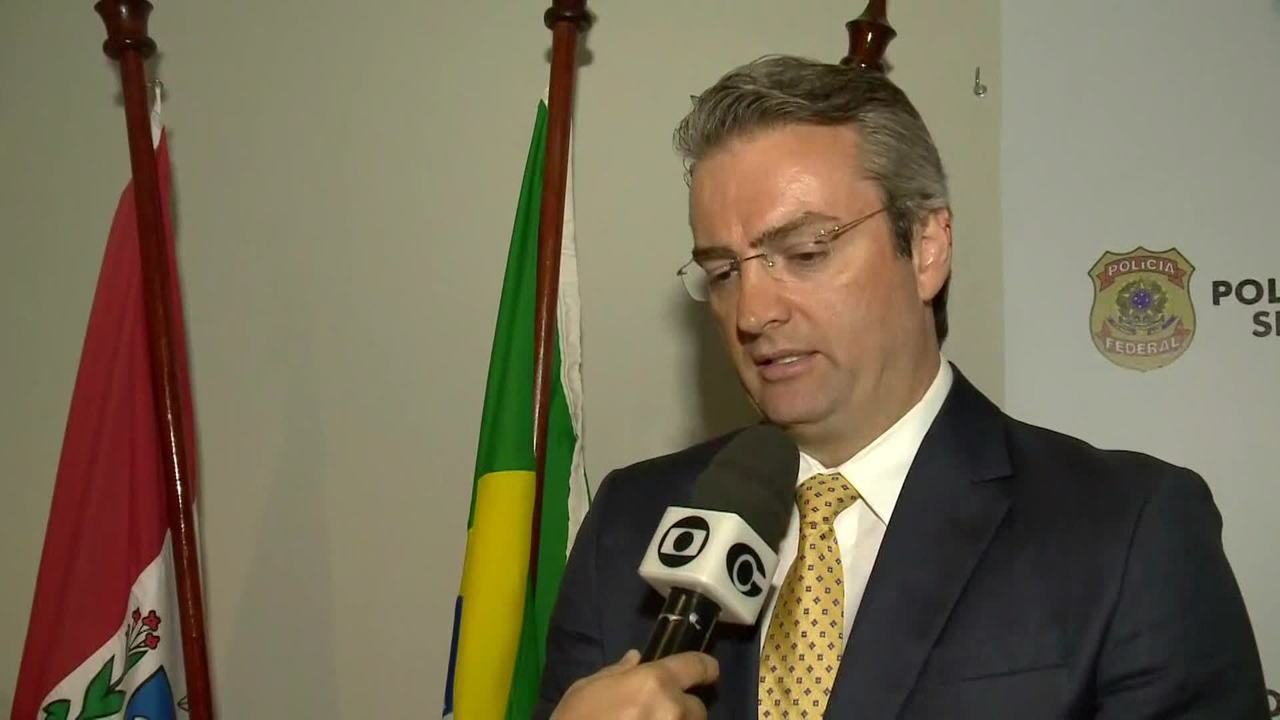RIO DE JANEIRO, BRAZIL – The Director General of the Federal Police (PF), Rolando Alexandre de Souza, said yesterday, October 19th, that the force’s technological upgrading is one of his priorities as the head of the body. According to him, digitalizing police inquiries and optimizing investigation systems and processes are required to tackle organized crime – particularly in a scenario where “cybercrime tends to increase.”

“We are seeking speed and depth in investigations. If I overspeed, I may not reach every member of a criminal organization. But it’s no use solving a crime three or four years after the fact,” said Souza at the opening of the 3rd International Security Symposium, an online event organized by the National Association of Federal Police Detectives (ADPF), and held until Wednesday, October 21st.
“The investigation must be swift and thorough, encompassing everyone. And there is only one way to achieve speed and depth: using technology; modern data crossing systems. This allows us to be more efficient,” added the chief detective, commenting on the need for the Federal Police to develop or acquire modern equipment and technological systems.
According to Souza, over 70 percent of inquiries initiated by the Federal Police are now digitalized. “We hope to reach 100 percent by the end of this year. By the time we achieve this, we will be the most digitalized police in the world. Not even the FBI [the United States Federal Bureau of Investigation] is as digitalized,” said the Director General, commenting that studies point to an efficiency gain of up to 50 percent in digitalized investigations.
Souza also described how access to modern satellite imagery contributes to expedite investigations, thereby preventing the unnecessary displacement of police teams. “We are in a position to expose dozens of crimes using satellite imagery for environmental crimes, illegal mining, corruption. It is possible to view all this through satellite footage that we receive daily,” he said. He mentioned as an illustration the remote monitoring of public infrastructure works.
“The building of a highway, for instance. The party in charge of the work has already been paid 70 percent of the amount for the service, but by analyzing the satellite imagery, we can observe that the stretch built does not reflect the budget execution,” he said. According to the Director, a trained federal agent can monitor the execution of a project contracted with public funds.
According to the Federal Police Inspector General, Delegate João Vianey Xavier Filho, the PF receives an average of 100,000 crime reports per year and conducts some 50,000 inquiries annually. In his opinion, completing the implementation of the Judiciary Police Activity Management System (ePOL), which has been allowing for the digitalization of police inquiries since 2016, is crucial to ensure the celerity and efficiency of investigations, thereby averting “bottlenecks”.
“The ePOL is essentially a project that seeks to render our main instrument electronic, which is the police inquiry, which documents all of our investigation efforts. It would be of no use to have advanced telephone interception technologies, to use satellite imagery and to cross-reference several databases if we would have to document all of these efforts on paper,” Vianey said.
“It’s a lot of information to work with. If we don’t modernize it, we will be buried by the problems and by the amount of crimes that reach the PF,” said Rolando Souza. According to the Director, the rate of crimes solved by the PF this year will reach 78 percent, a record. “This is due to modernization, but we still need to make the PF fully digital, preparing for what is to come, because cybercrimes tend to increase.”
Source: Agência Brasil

